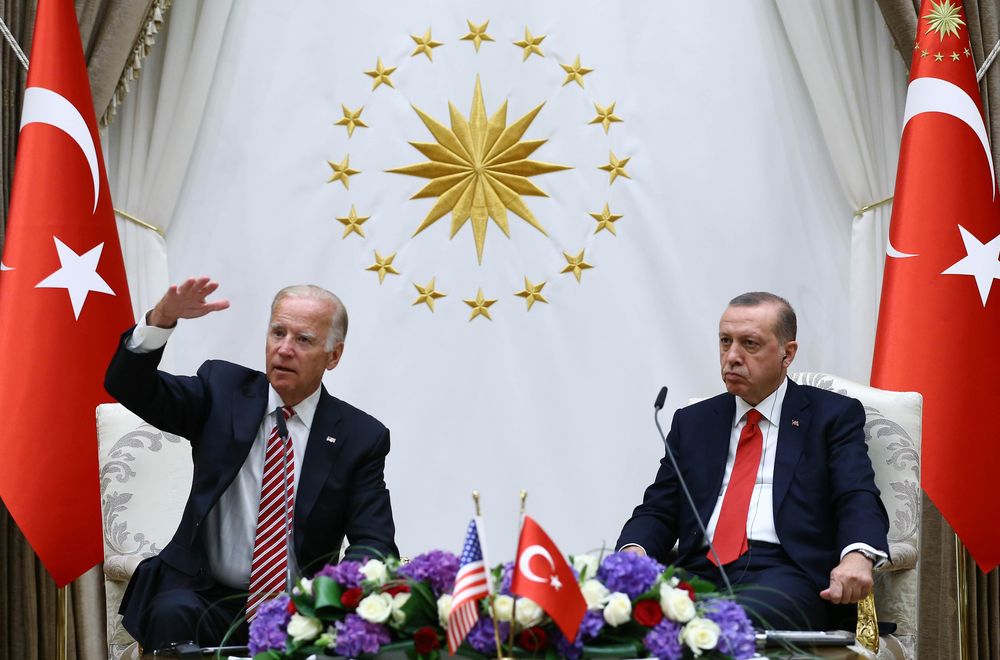For decades, Turkey was considered a partner of strategic importance by American presidents. Barack Obama visited the country on his first official trip abroad. Donald Trump had a regular dialogue with Turkish President Recep Tayyip Erdogan.
The president waited for a full three months before speaking with Erdogan on the phone, signaling a demotion in Turkey’s ranking among America’s friends. The following day, Biden then broke with another tradition among recent U.S. presidents by labeling the massacres of Armenians in Ottoman-era Turkey as “genocide,” a term that triggers hostility in Ankara.
Other Biden administration officials have been sending signals of their own. Secretary of State Antony Blinken chose not to call Ankara at all during the recent Israel-Hamas war.
And these are many, including Turkey’s acquisition of the S-400 air and missile defense system from Russia, which the U.S. says risks compromising NATO security; the American relationship with the Syrian Democratic Forces, which Turkey views as tainted by association with a Kurdish terrorist group; the lack of action on the U.S. side on Turkey’s demands to extradite the Pennsylvania-based Turkish cleric Fethullah Gulen; and the prosecution in New York of the Turkish bank Halkbank for alleged violations of Iran sanctions. Erdogan plans to engage Biden in wide-ranging negotiations over all these outstanding problems.
But the White House seems be on a different wavelength. The overriding worldview of the Biden Administration seems to be focused on the great-power rivalry with China and Russia, and a key foreign-policy objective is to contain authoritarian regimes. Viewed from that perspective, Turkey is no longer at the center of the strategic challenges faced by the U.S., and so the resolution of Ankara’s grievances is not an American priority.
Then there’s the matter of Erdogan himself. His cozy relationship with Trump was bound to make him suspect in the eyes of a Democratic administration. To make matters worse, Biden, who is keen to advance democratic freedoms at home and abroad, has in the past stated his intent to support the opposition in Turkey.
Despite these unpromising circumstances, the two presidents might be able to make progress on the S-400 issue, which could in turn herald the start of a less frictional relationship.
The American position has hardened since the adoption by Congress of the National Defense Authorization Act, which stipulates that Turkey must “cease ownership” of the S-400 system before U.S. sanctions can be lifted. This is a very high bar for a Turkish leadership that has relentlessly championed the acquisition of the S-400 as a sign of the country’s growing ambitions and strategic autonomy.
But Ankara might be able to accept a deal in which it can only use the system in exceptional circumstances that endanger Turkish national security. Installing the S-400 at the Incirlik air base, which is used by the U.S., would allow compliance to be easily monitored.
